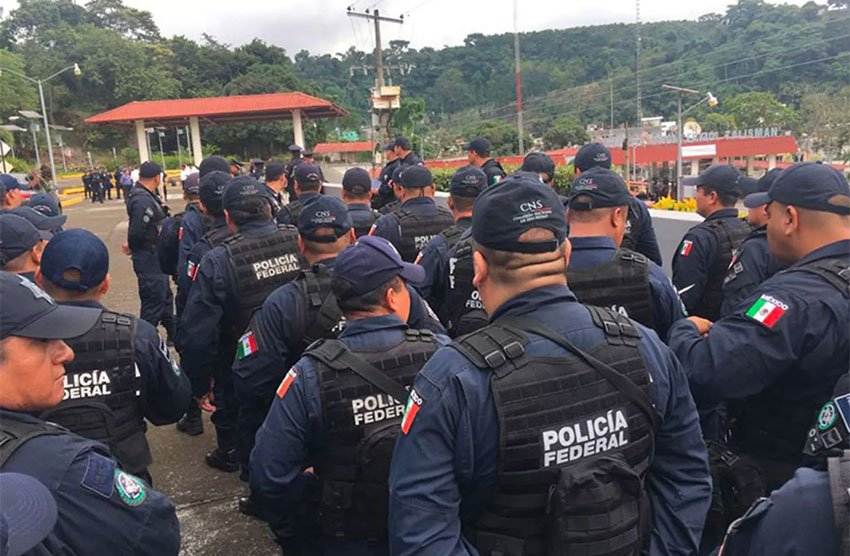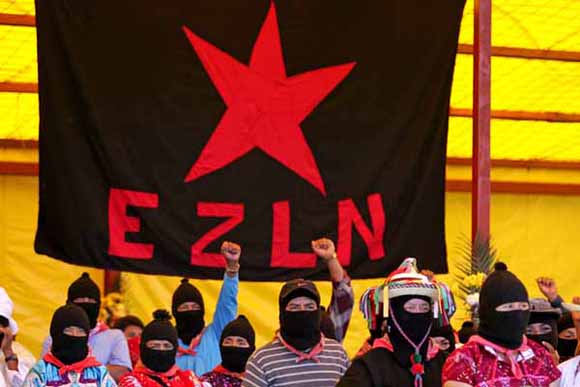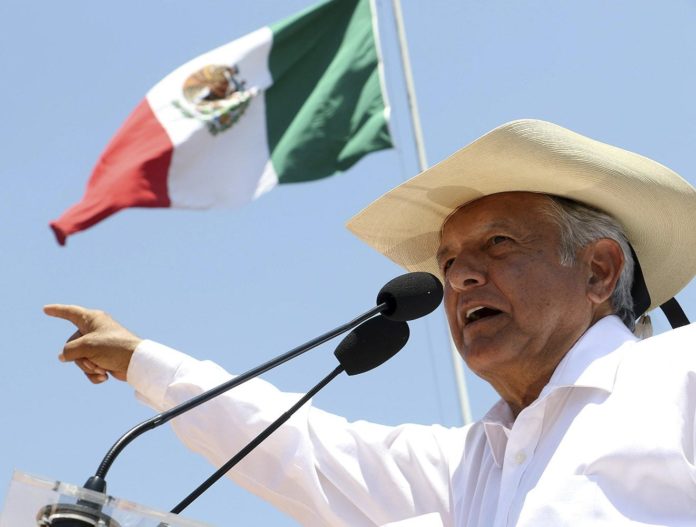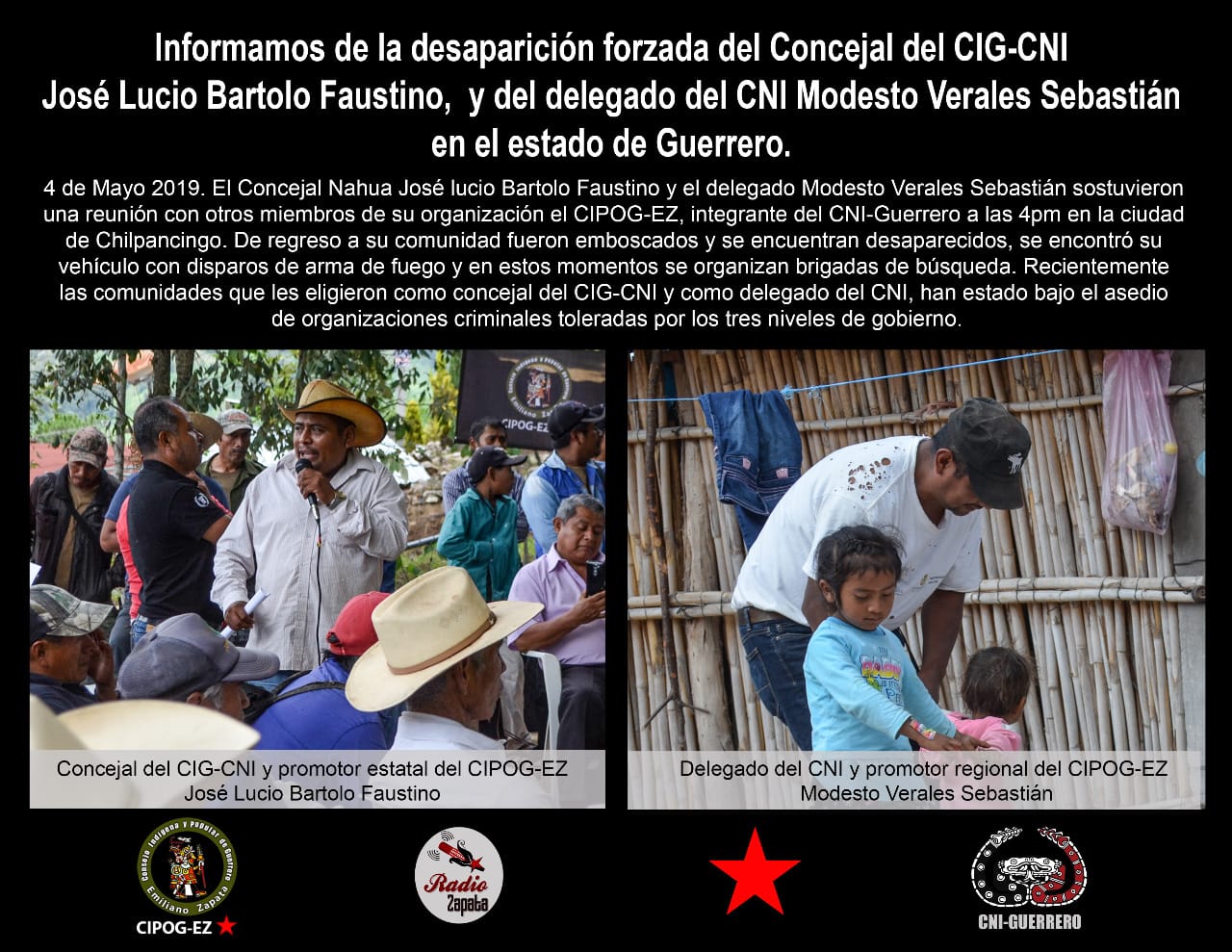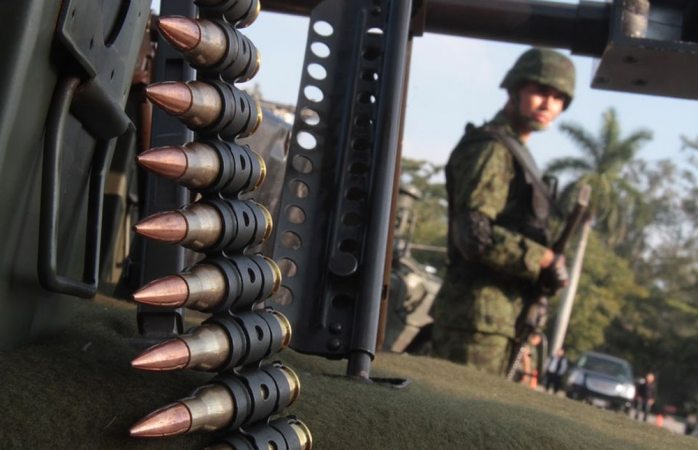
Fifth Estate Live with Bill Weinberg
Portland-based musician and vlogger David Rovics interviews CounterVortex editor Bill Weinberg for Fifth Estate Live. The two discuss Weinberg’s upcoming story for the anarchist journal Fifth Estate on the “two faces of fascism” the US confronts at this moment—a Trumpian dictatorship or a post-pandemic “new normality” of complete surveillance and social control. But the moment is also pregnant with possibility, witnessing the mainstreaming of anarchist ideas such as abolishing the police. Initiatives such as cannabis legalization as a first step toward this aim are gaining ground nationally. Looking back, they draw lessons for the current revolutionary moment from the Tompkins Square Park uprising on Manhattan’s Lower East Side in the 1980s, and the rebellion of the Zapatistas in Mexico in the 1990s—who continue to hold liberated territory in the southern state of Chiapas even today. Watch the video archive on YouTube or listen to the audio version on SoundCloud.



